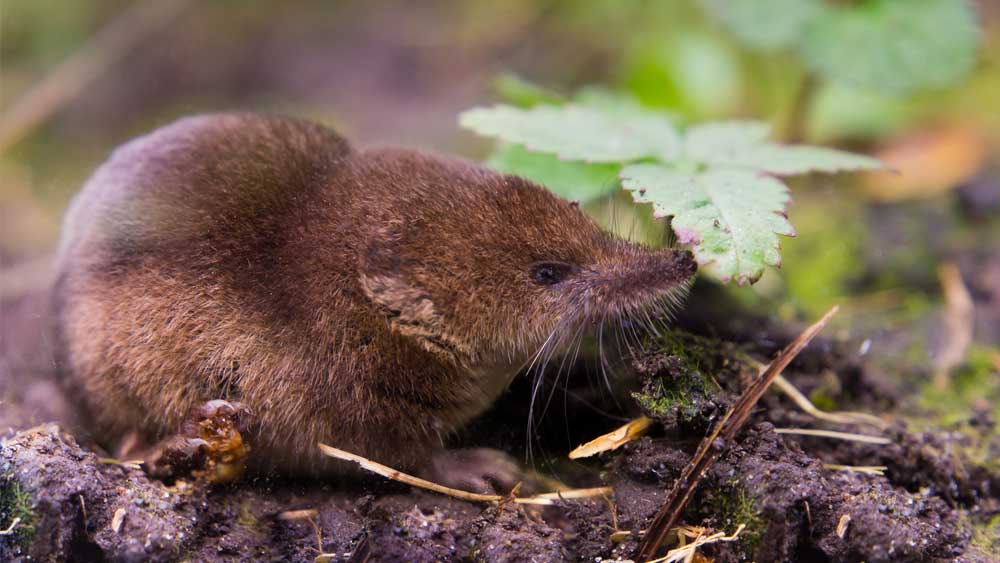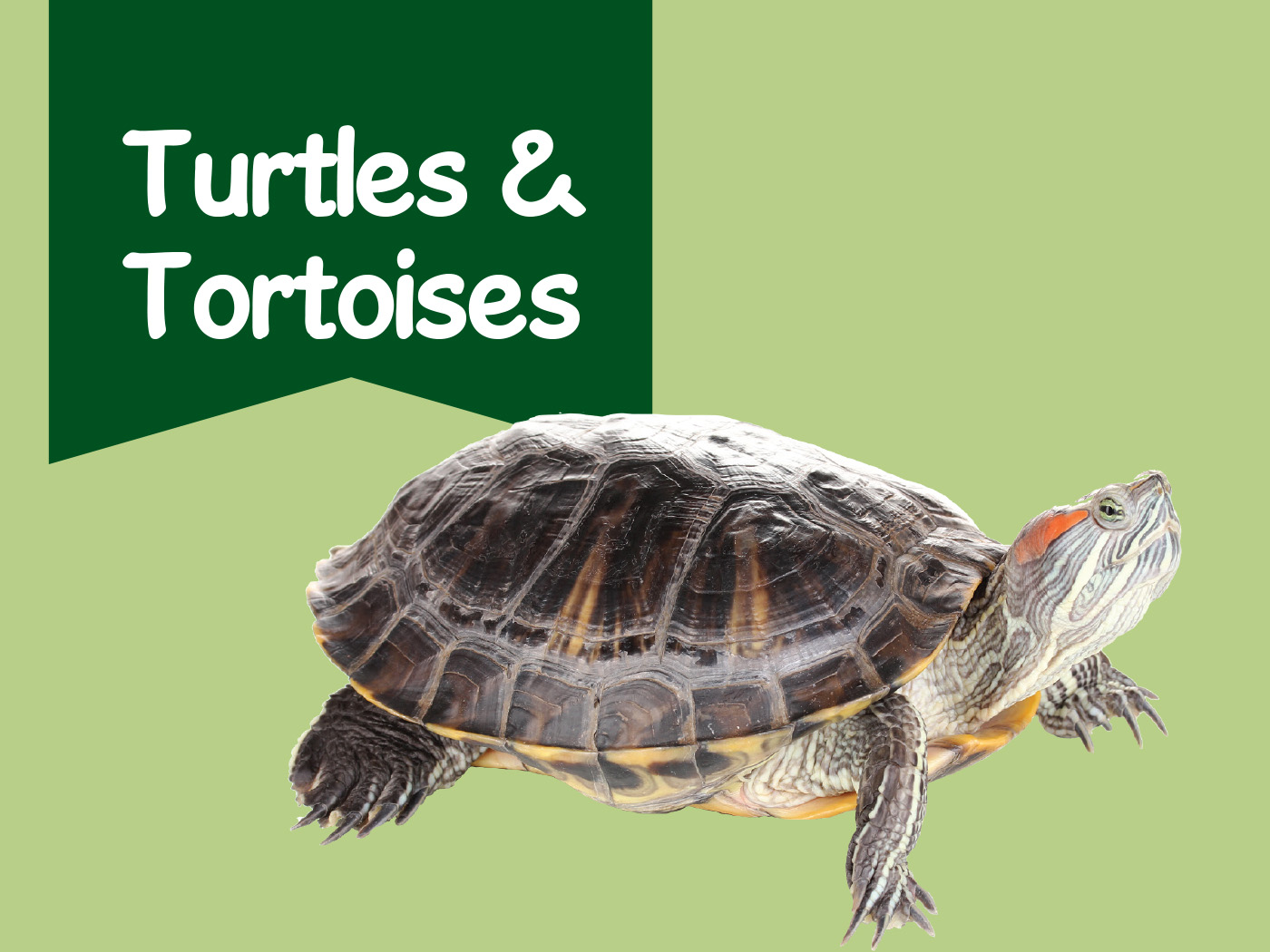Common shrews are uniquely engineered creatures that have a high metabolism—very different from your average mammal. And now biologists have just discovered the shrew’s built-in adaptive secret to over-wintering that is utterly defying the standard evolutionary paradigms.1
Common shrews exhibit one of the highest levels of bodily metabolism among mammals. As a result of their high energy requirements, they are voracious little eaters and consume a large amount earthworms and insects for their small size. Because whatever fat reserves they might have are quickly used up, they can starve to death after only being deprived of food for a few hours. Despite this seemingly unusual biology and lifestyle, shrews are extremely successful critters and are very widespread across the Northern Hemisphere. Needless to say, this whole scenario baffles the minds of evolutionists who deem it as utterly defying logic.
But the shrew adaptive paradox gets even greater when we consider that, unlike many other animals, shrews neither store up food nor hibernate during winter. Instead, they grow rapidly during the spring and summer months, but in late Fall, their body begins to shrink and they eventually lose up to 30 percent of their total body weight. In addition to fat and muscle mass being reduced, internal organs also shrink, including their brains and skulls.2 Then in the early spring, the shrews start to grow again.
To the evolutionary biologist, this whole strategy seems quite paradoxical in more ways than one. Despite having a winter coat of fur, one would expect the little shrews to cool off quickly in the low winter temperatures. This is because small animals like shrews have a seemingly unfavorable body-surface to body-mass ratio and tend to lose more heat. Outside the strange world of shrews, the relationship between a creature’s body weight, metabolic rate, and air temperature is considered a fundamental paradigm of ecology.
In this most recent study, the scientists set out to determine how the seasonal change in body size affected the energy consumption of shrews.1 They did this by measuring metabolism during outdoor temperatures across the various seasons. The results were startling. The senior author of the study claimed, "The common shrew somehow manages to cheat evolution."3 So, are the shrews really evolution cheaters or amazingly designed adaptive marvels?
Despite the shrew’s small body size, this study showed that they actually do not consume more energy per unit of body weight during the winter months despite environmental temperature fluctuations of more than 30 degrees. And amazingly, this unique adaptive ability is not because they are less active during winter. When the researchers analyzed video recordings, the shrews appeared to rest only slightly more, but this did not explain the major differences in energy requirements. When all of the data was combined, the scientists determined that the shrews consistently produced high levels of heat because of their regular high metabolic rates. Therefore, they did not need to increase their metabolic rates during winter because complex adaptive reductions in body size enabled them to consume less overall energy.
As it turns out, the whole design plan of the shrew, engineered by our amazing Creator, is a perfect fit for this creature, considering the scarcer food supplies (fewer insects) it encounters in winter. Once again, amazing and creative adaptive design is the only obvious conclusion that points directly to an Omnipotent Creator who engineered all life on earth.
References
1. Schaeffer, P.J. 2020. Metabolic rate in common shrews is unaffected by temperature, leading to lower energetic costs through seasonal size reduction. Royal Society Open Science. 7: 191989.
2. Lázaro, J. et al. 2017. Profound reversible seasonal changes of individual skull size in a mammal. Current Biology.
3. Max Planck Society. Shrinking instead of growing: How shrews survive the winter. Posted on phys.org April 28, 2020, accessed April 28, 2020.
*Dr. Tomkins is Life Sciences Director at the Institute for Creation Research and earned his doctorate in genetics from Clemson University.

Do Shrinking Shrews Cheat Evolution?
The Latest
CREATION.LIVE PODCAST
From the Beginning to the End | Creation.Live Podcast: Episode...
Genesis and Revelation provide stunning bookends of the biblical canon. The first describes the beginning of creation while the second gives us...
Happy Thanksgiving!
All of God’s children must overcome the temptation to allow God’s sovereign provision of our needs to be overshadowed by the pleasure of...
Kids Edition 2024: Language
Hi, kids! We created a special Acts & Facts just for you! Have fun doing the activities while learning about the wonderful world God...
Kids Edition 2024: Saturn
Hi, kids! We created a special Acts & Facts just for you! Have fun doing the activities while learning about the wonderful world God...
Kids Edition 2024: Space Rocks!
Hi, kids! We created a special Acts & Facts just for you! Have fun doing the activities while learning about the wonderful world God...
Kids Edition 2024: Caves
Hi, kids! We created a special Acts & Facts just for you! Have fun doing the activities while learning about the wonderful world God...
Kids Edition 2024: Earthquakes
Hi, kids! We created a special Acts & Facts just for you! Have fun doing the activities while learning about the wonderful world God...
Kids Edition 2024: Carnivorous Plants
Hi, kids! We created a special Acts & Facts just for you! Have fun doing the activities while learning about the wonderful world God...
Kids Edition 2024: Armored Dinosaurs
Hi, kids! We created a special Acts & Facts just for you! Have fun doing the activities while learning about the wonderful world God...
Kids Edition 2024: Turtles & Tortoises
Hi, kids! We created a special Acts & Facts just for you! Have fun doing the activities while learning about the wonderful world God...












